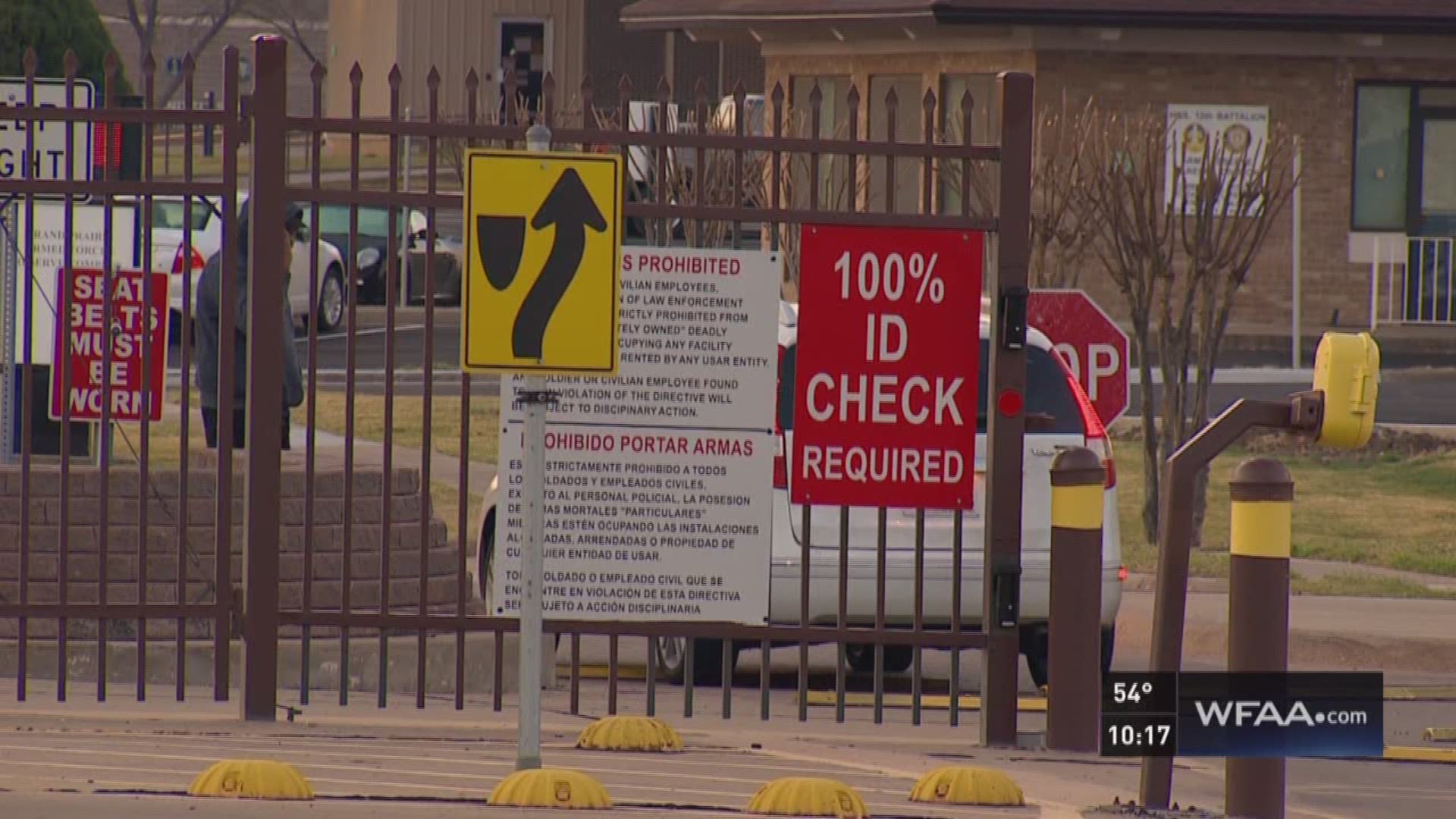When five service members were gunned down at a reserve base in Chattanooga, Tennessee last July, it served as a national wake-up call. All military installations needed to be safer.
But are they?
Welcome to the Grand Prairie Armed Forces Reserve Complex, where hundreds of reservists go to train every weekend.
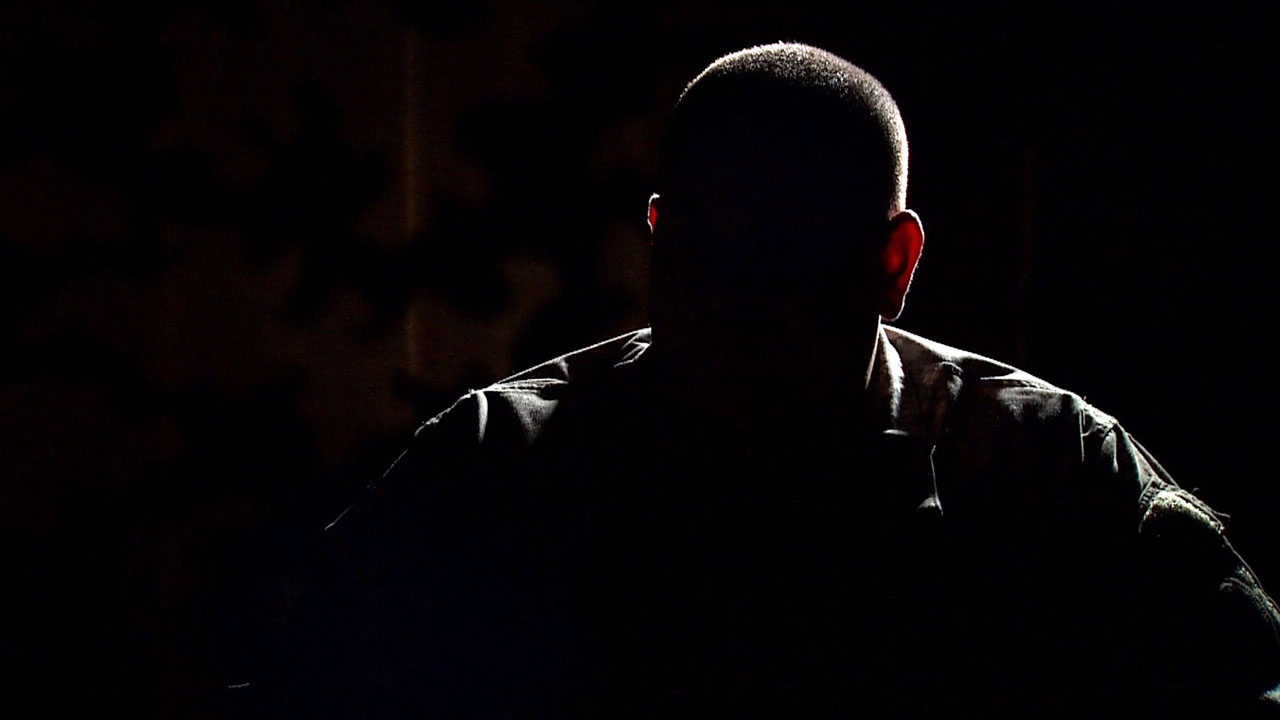
“It's very easy to get on that base,” said a reservist who trains there. “I've seen soldiers hold up a credit card to get in. I've seen soldiers walk right in and never be confronted by that security guard.”
WFAA is shielding the identity of the reservist because he fears retaliation from the military. He came to us with his concerns about security at the base in the days after the July 16 Chattanooga attack.
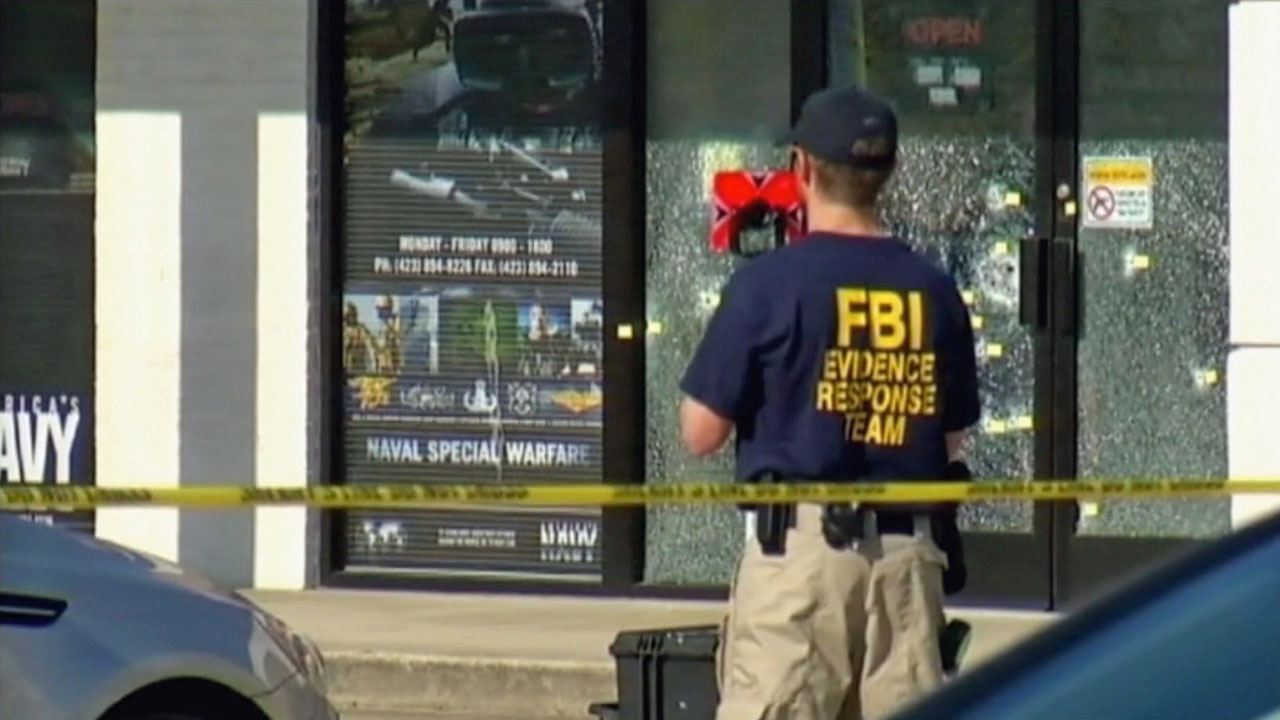
In that incident, Mohammad Youssef Abdulazeez first opened fire on a military reserve recruiting office before driving seven miles to a reserve military installation where he killed four Marines and a Navy petty officer.
The sailor was killed first, inside a building. The gunman then killed four Marines in the motor pool area outside as some of them tried to flee over a fence. Responding Chattanooga police officers shot and killed Abdulazeez.
The reservists' fears were only further amplified by the arrest last month of Houston terror suspect Omar Al Hardan. The Iraqi refugee was reportedly inspired by ISIS.
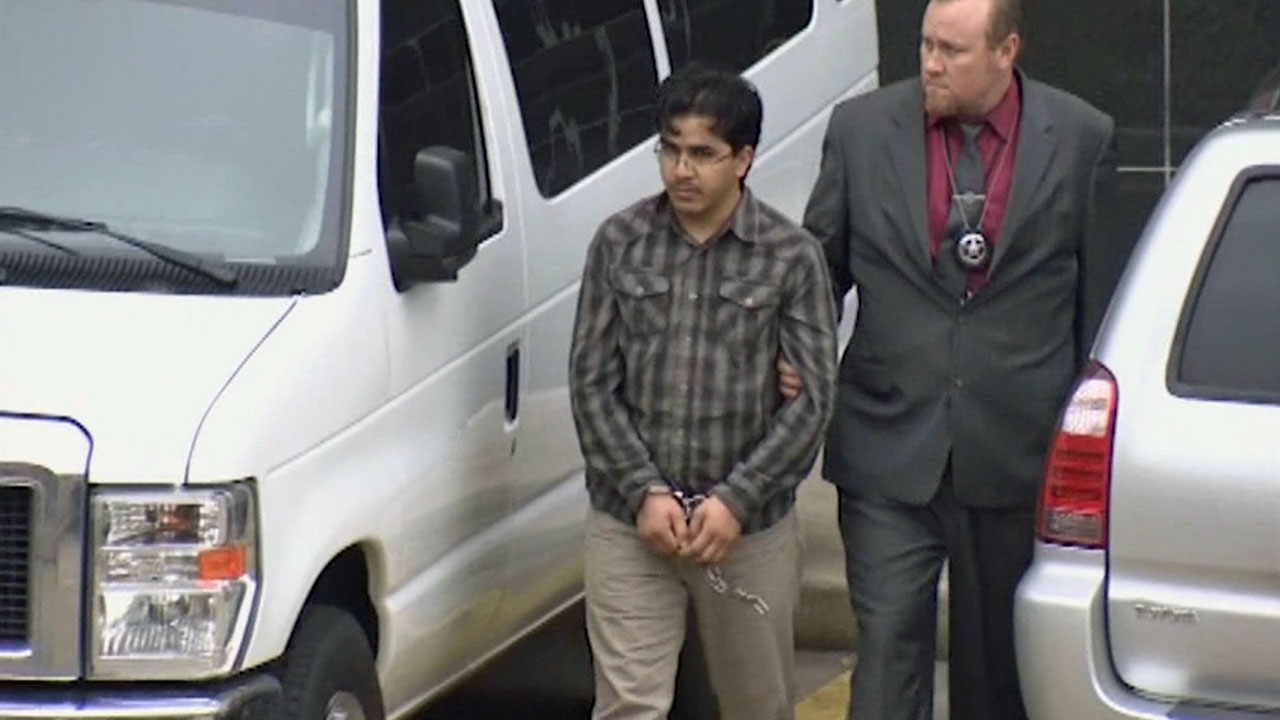
Al Hardan told authorities he wanted to sneak into a Grand Prairie military base and blow up Humvees.
After the Chattanooga tragedy, Texas Gov. Greg Abbott ordered that the Texas National Guard be allowed to carry weapons at military facilities. But military regulations currently forbid most service members from being armed on U.S soil.
Like the Chattanooga base, the soldiers at the Grand Prairie base are not permitted to be armed. Only law enforcement and military police are allowed to carry weapons on those military installations.
That means the National Guardsmen who train just a few miles away can better protect themselves if something bad happens.
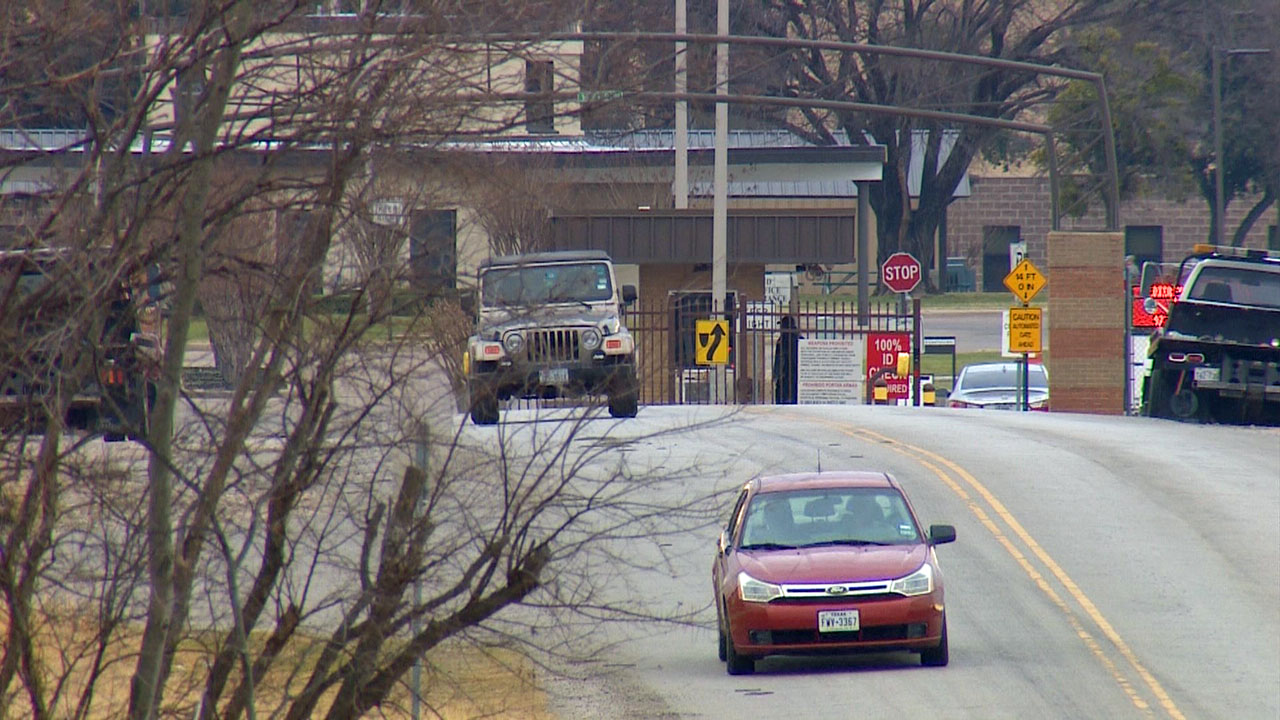
“We can go overseas and fight for freedom and carry weapons 24/7 over there,” the reservist said. “You sleep with that gun. You eat with that gun. … It goes everywhere with you. It becomes a part of you. So if they trust you overseas to do that, why don't they trust you in your own country to have that responsibility?”
Asked what was stopping a terrorist attack on the base, the reservist said: “Absolutely nothing. They would be able to kill as many as they have bullets.”
He said base commanders have been repeatedly approached about ramping up security during training weekends only to have their concerns downplayed and rebuffed. And this reservist knows about base security. His job when he was active duty? To assess the security of military installations.
So who would be called upon to protect reservists in Grand Prairie in the event of a terrorist attack?
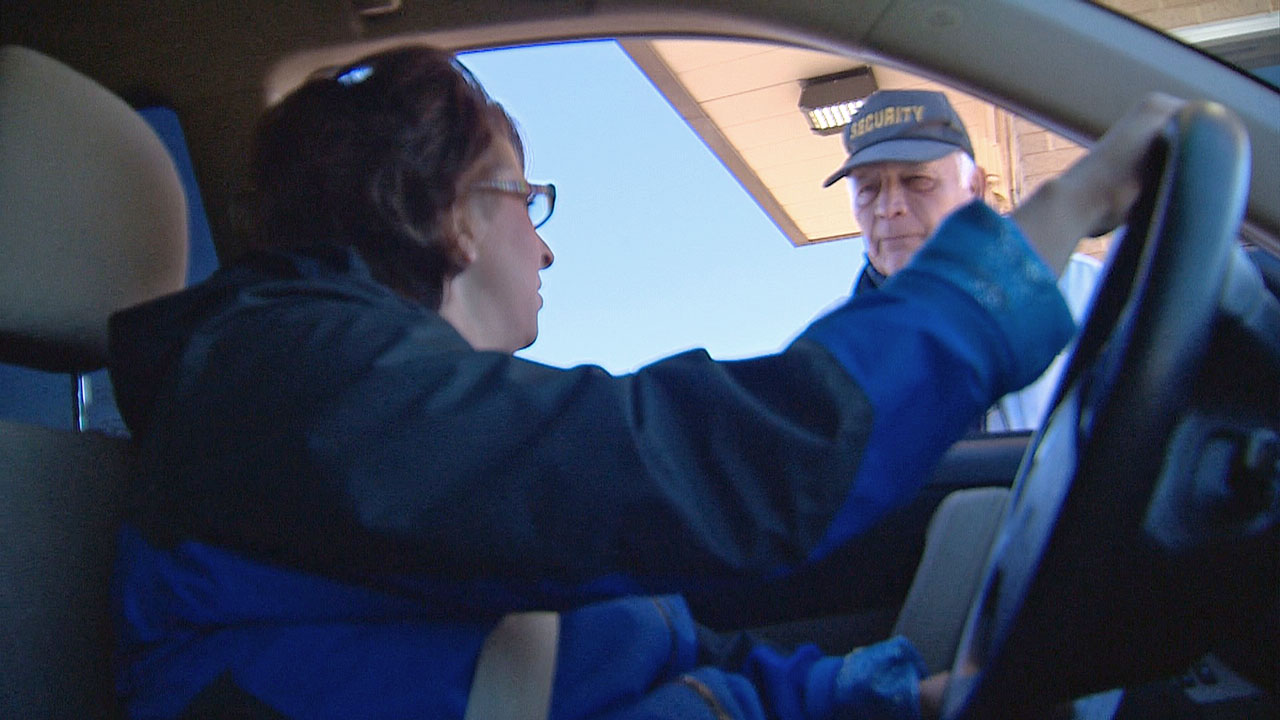
Meet 73-year-old Chuck Day, the security guard who works the gate during the week. Day said the company that employs him is paid by the Bureau of Prisons -- which maintains an office complex on the base -- to guard the front gate.
“We've had four threats in the last six weeks to come in and shoot us or blow us up,” Day said. “I'll be the first one to get it, but so far so good,”
Day said he is not armed, and that he does not want to be armed.
“If they pull a weapon on me, I'm gonna grab it and beat on their freaking head for them,” he said.
WFAA asked Day about Al Hardan's alleged threat against the base.
“That was the last one,” he said. “The guy said he was going to come up to Grand Prairie and blow the place up and the soldiers were coming in telling me, ‘Hey Chuck, what are you going to do?' I'm going to grab the sucker's gun.”
Day said he makes sure to check the IDs of anybody entering the base. The front gate sign says that there are 100 percent ID checks.
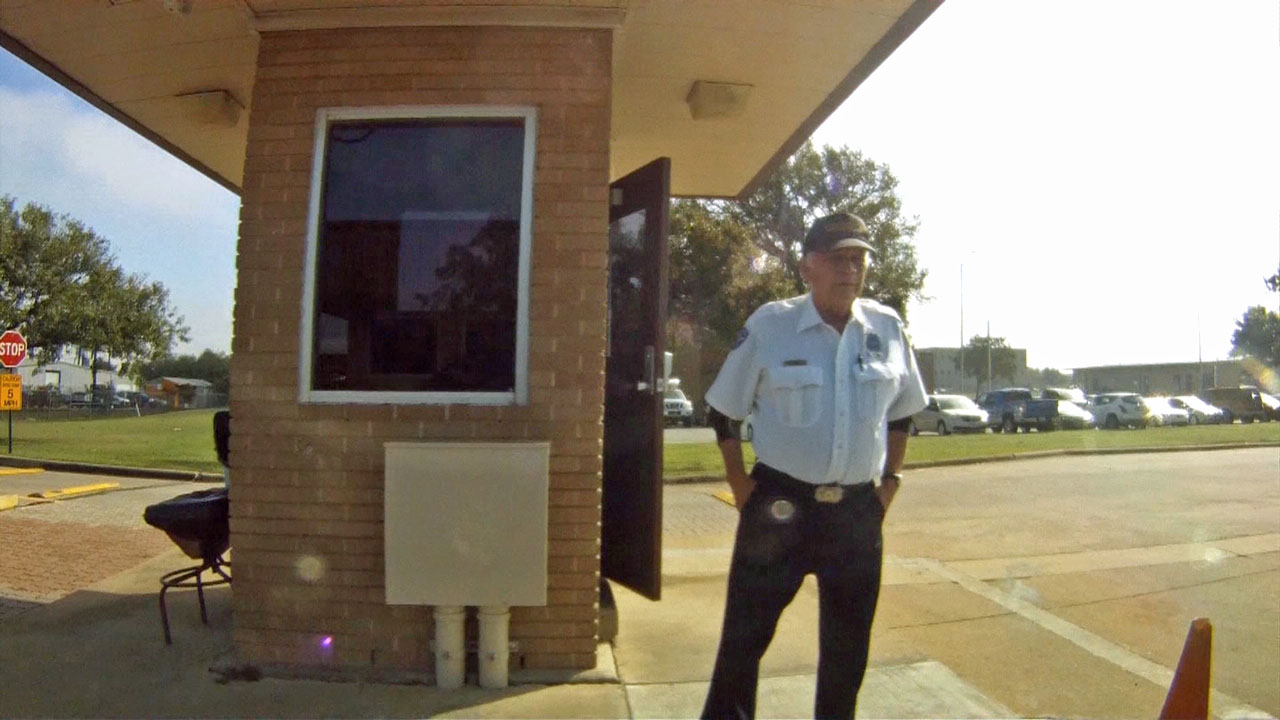
But WFAA put a camera inside our reservist's vehicle as he entered the base to see what happened. Day waved the reservist right on through, not so much as even looking at his military ID. The reservist drove all around the base before leaving.
On a recent Saturday, WFAA parked a vehicle outside the front gate for 90 minutes, then drove around the perimeter shooting video. We could have been anybody. No one ever approached us.
The reservist said no one patrols the interior of the base. Once you're inside, you're home free.
“You could have all the time you wanted from morning to night to place improvised explosives all around the base and cause major havoc,” he said.
In the event of an attack, even getting to a weapon and ammunition would not be easy. All of the defensive weapons are stored in a locked vault, and only the armorer has the ability to open it. The ammunition is also stored separately, creating further delay.
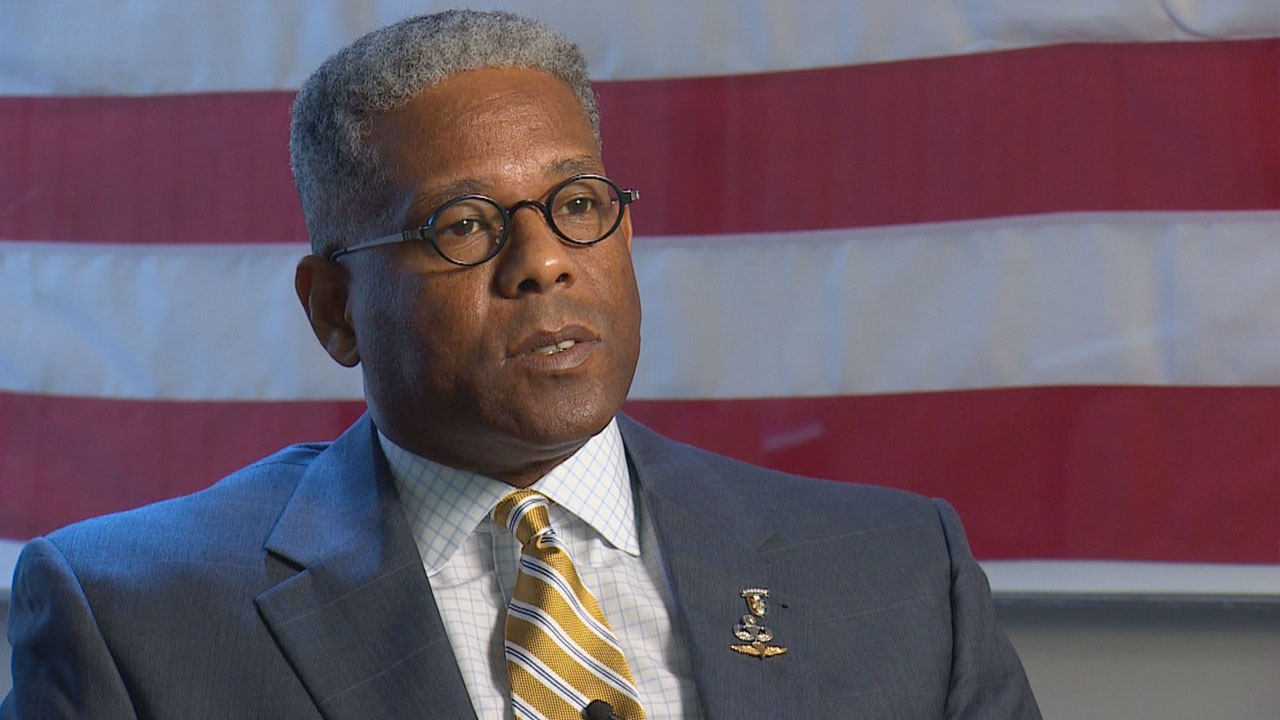
Allen West, a retired U.S. Army lieutenant colonel and a former U.S. congressman now based in Dallas, visited the base last April and saw the lax security first-hand.
“I got my ID out, ready to present it, and the young lady that was there unarmed just waved me right on through, didn't check my picture ID whatsoever,” said West, who also served on the House Armed Services Committee and is now CEO of the Dallas-based National Center for Policy Analysis.
West wrote about the incident on his blog the day it happened. He said he talked to the base commanders about it, and they told him they were depending on Grand Prairie police in the event of an attack.
“To me, that was very unnerving, because how long would it take for them to react?” West asked. “Having been in a firefight in combat zones, within a minute or two, three minutes at the most, people start to lose their lives.”
In fact, in the Chattanooga case, the entire episode lasted five minutes or less.
West agrees that soldiers should be allowed to carry weapons on the base to protect themselves.
“It’s offensive, because basically we’re saying to these young men and women that we ask you to stand on freedom’s ramparts and protect us, but we don’t want you to protect yourself,” West said. “We don’t believe they can even have their own Second Amendment rights on a military installation.”
West believes a full-scale security review of bases like the one in Grand Prairie is mandatory.
“You just have to ask yourself: What is the level of pain that has to occur before this country realizes that we ought to do something to protect our men and women on these installations and the military facilities in the continental United States?” he asked.
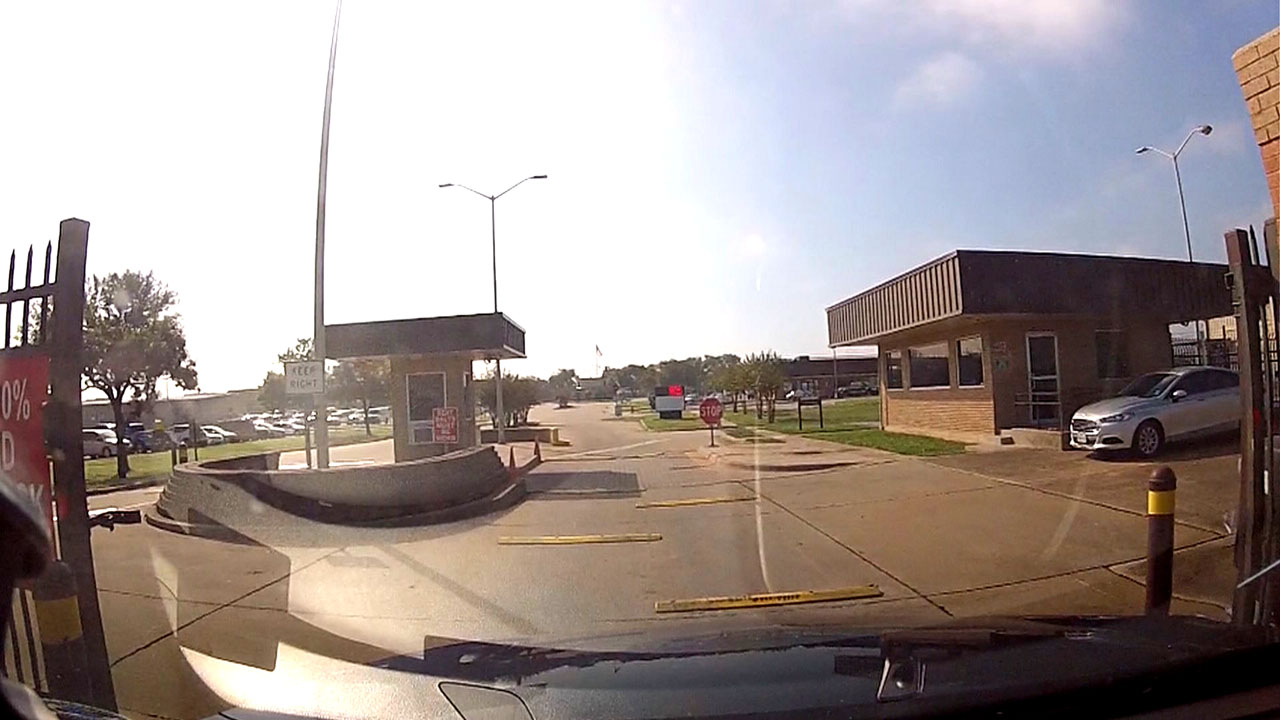
The reservist believes that a complete security assessment at the Grand Prairie base is required. He said the first thing they could do is to designate soldiers to stand guard at the gate during weekend training. He also suggested installing concrete barriers to prevent someone from crashing through the gate.
WFAA reached out multiple times to the base commander for an explanation about the lack of security. We never got one.
We asked the reservist about what would happen if someone attacked the Grand Prairie facility. He said he believes that military officials would say, “We didn’t know it was that unsecure. We didn’t know there was a problem out there.”
In the meantime, he continues to train out there once a month.
As he drives through the gate, he says he’s thinking: “I can’t wait 'til this weekend gets over... not because I don’t love to do my job... not because I don’t love to train... it’s because we’re not safe there.”

